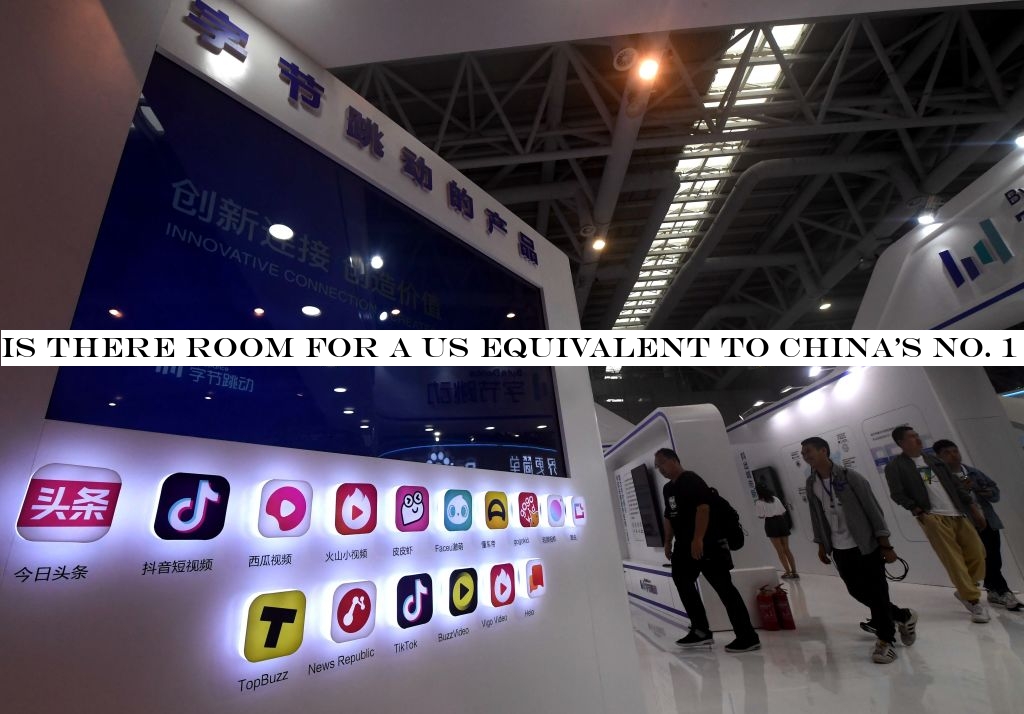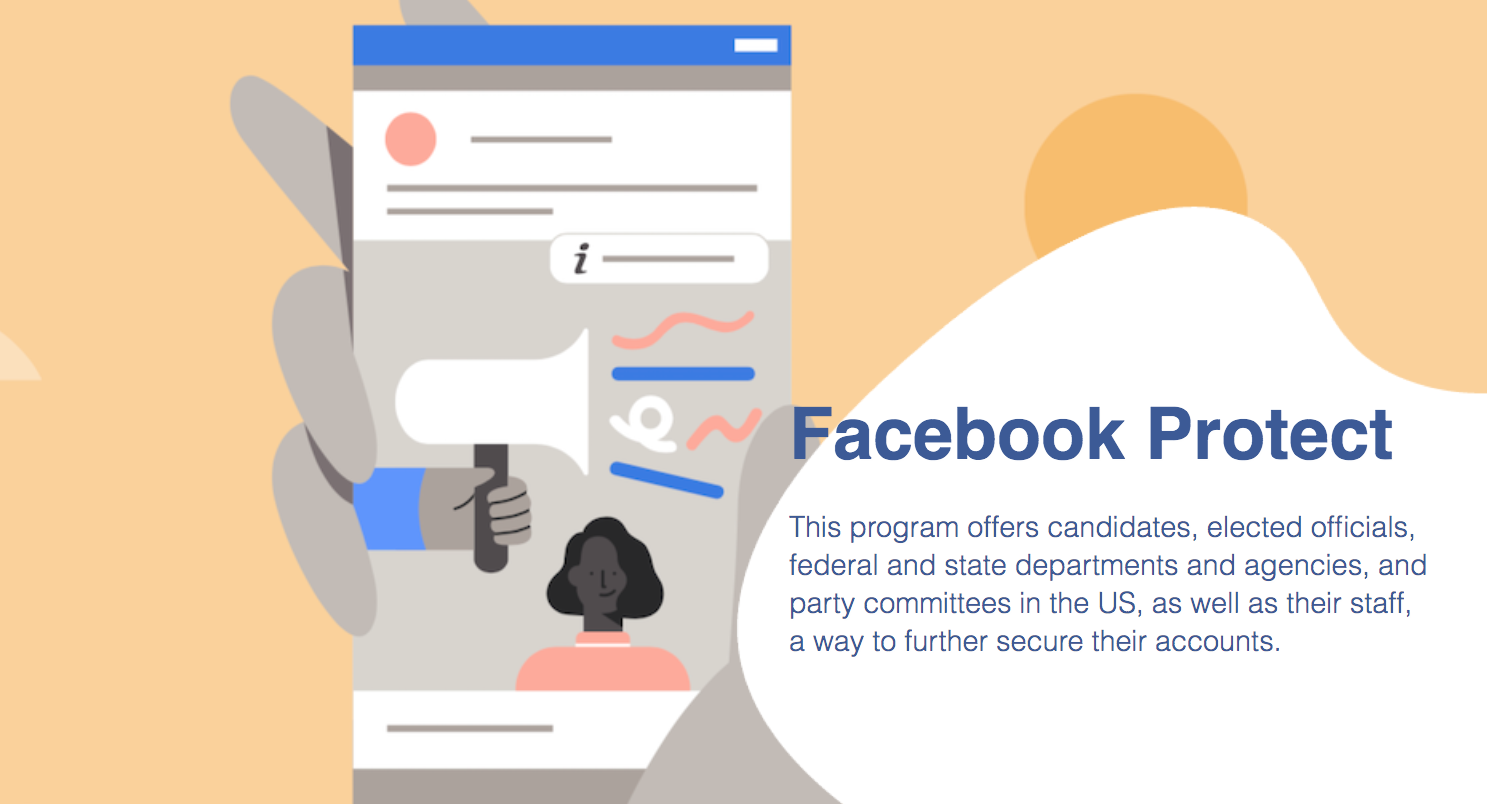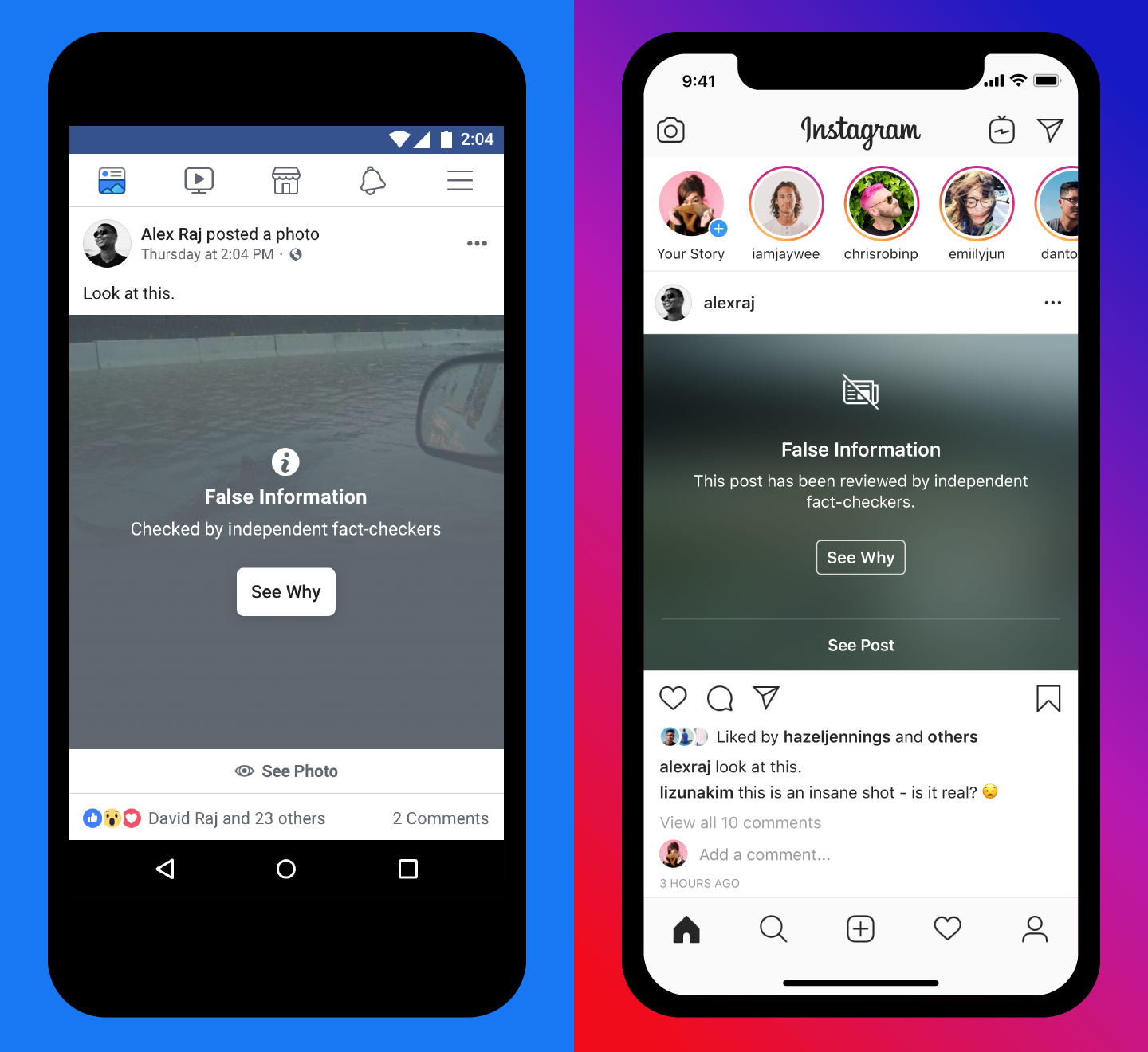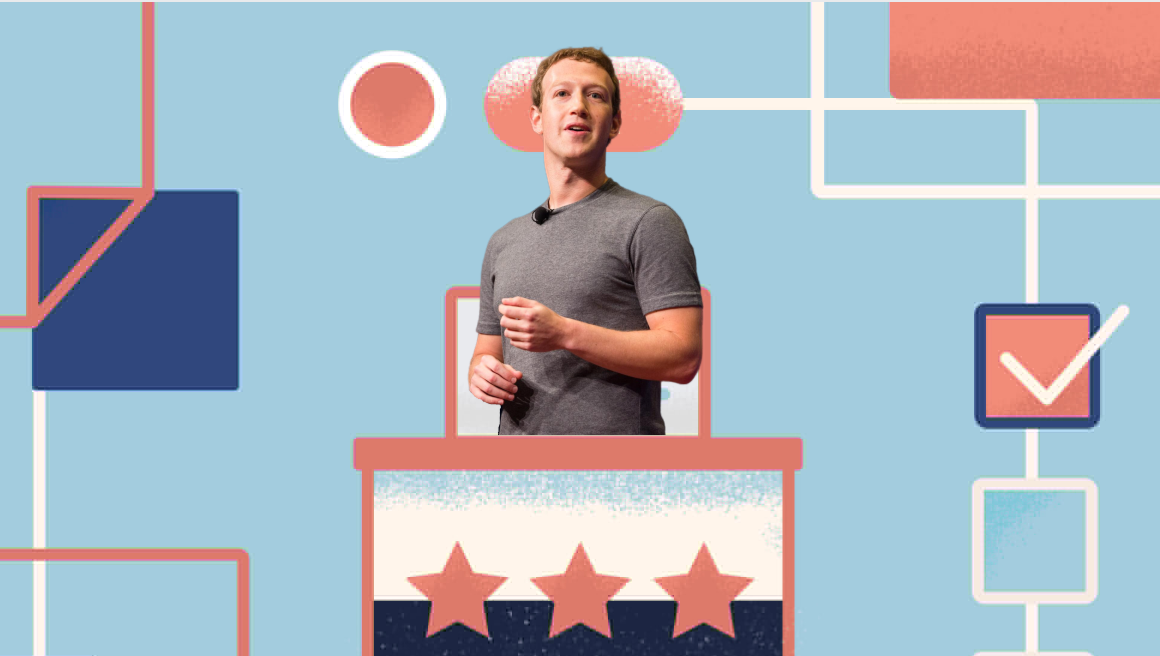Music
Trailers
DailyVideos
India
Pakistan
Afghanistan
Bangladesh
Srilanka
Nepal
Thailand
StockMarket
Business
Technology
Startup
Trending Videos
Coupons
Football
Search
Download App in Playstore
Download App
Best Collections
Technology
The Daily Crunch is TechCrunchroundup of our biggest and most important stories. If you&d like to get this delivered to your inbox every day at around 9am Pacific, you can subscribe here.
1. Pixel 4 review: Google ups its camera game
Brian Heater was impressed by the improvements in Google latest smartphone, including camera upgrades and the Recorder app.
However, he also argued that the Pixel 4 doesn&t exactly address what Google wants the Pixel to be, moving forward, especially after the Pixel 3a it was confirmed that consumers were looking for something cheaper.
2. NordVPN confirms it was hacked
The admission comes after rumors that the company had been breached, and what first emerged was thatNordVPN had left an expired internal private key exposed, potentially allowing anyone to spin out their own servers imitating NordVPN.
3. Netflix to raise $2 billion in debt to fund more content spending
Despite a relatively strong earnings report last week, Netflix isn&t out of the woods just yet. Disney+ and Apple+ launch next month, and theremore competition on the way.
4. Commercetools raises $145M from Insight for Shopify-style e-commerce APIs for large enterprises
The funding comes at the same time as commercetools is getting spun out by REWE, a German retail and tourist services giant that acquired the startup in 2015.
5. The Surface Pro 7 is a competent upgrade with USB-C, refreshed processors, but little else thatnew
The Pro 7, which is going on sale today, is a competent upgrade that gives Surface Pro users exactly what they want — even if it sticks to a tried and tested formula.
6. IPOs are the beginning, not the end
At Disrupt SF, PagerDutyJennifer Tejada argued that an IPO &is part of the beginning of a long journey for a durable company that you want to build a legacy around.& (Extra Crunch membership required.)
7. This weekTechCrunch podcasts
The Equity team talks to GreylockSarah Guo about the future of software-as-a-service products, while Original Content has a review of &El Camino,& the new &Breaking Bad& movie on Netflix.

- Details
- Category: Technology
Read more: Daily Crunch: We review the Pixel 4
Write comment (94 Comments)
In China, Toutiao is literally big news.
Not only has its parent company ByteDance achieved a $75 billion valuation, two of its apps — Toutiao, a news aggregator, and Douyin (Tik Tok in China) — are chipping into WeChatuser engagement numbers, no small feat considering the central role WeChat plays in the daily lives of the regionsmartphone users.
The success of Toutiao (its name means &headline&) prompts the question: why hasn&t one news aggregator app achieved similar success in the United States? There, users can pick from a roster of news apps, including Google News, Apple News (on iOS), Flipboard, Nuzzel and SmartNews, but no app is truly analogous to Toutiao, at least in terms of reach. Many readers still get news from Google Search (not the companynews app) and when they do use an app for news, itFacebook.
The top social media platform continues to be a major source of news for many Americans, even as they express reservations about the reliability of the content they find there. According to research from Columbia Journalism Review, 43% of Americans use Facebook and other social media platforms to get news, but 57% said they &expect the news they see on those platforms to be largely inaccurate.& Regardless, they stick with Facebook because ittimely, convenient and they can share content with friends and read othercomments.
The social media platform is one of the main reasons why no single news aggregator app has won over American users the same way Toutiao has in China, but itnot the only one. Other factors, including differences between how the Internet developed in each country, also play a role, says Ruiwan Xu, the founder and CEO of CareerTu, an online education platform that focuses on data analytics, digital marketing and research.
While Americans first encountered the Internet on PCs and then shifted to mobile devices, many people in China first went online through their smartphones and the majority of the country800 million Internet users access it through mobile. This makes them much more open to consuming content — including news and streaming video — on mobile.
- Details
- Category: Technology
Read more: Is there room for a US equivalent to China’s No. 1 news app
Write comment (97 Comments)Heaven forbid a political candidateFacebook account gets hacked. They might spread disinformation…like they&re already allowed to do in Facebook ads…
Today Facebook made a slew of announcements designed to stop 2020 election interference. &The bottom line here is that elections have changed significantly since 2016,& and so has Facebook in response, CEO Mark Zuckerberg said on a call with reporters. &We&ve gone from being on our back foot to proactively going after some of the biggest threats out there.&

One new feature is called Facebook Protect. By hijacking accounts of political candidates or their campaign staff, bad actors can steal sensitive information, expose secrets and spread disinformation. So to safeguard these vulnerable users, Facebook is launching a new program with extra security they can opt into.
Facebook Protect entails requiring two-factor authentication, and having Facebook monitor for hacking attempts like suspicious logins. Facebook can then inform the rest of an organization and investigate if it sees one member under attack.
Todayother announcements include:
- The takedown of foreign influence campaigns, three from Iran and one from Russia in order to protect users from deception.
- Labeling state-owned or controlled media organizations like Russia Today on their Facebook Pages and the Ad Library to help users identify potential propaganda.
- Added Page ownership transparency for ePages with large U.S. audiences and those verified to run political ads, which will have to display their ownerorganizationlegal name, city and phone number or website so itclear where information comes from.
- New transparency features around political ad spend, including a U.S. presidential candidate spend tracker, more geographic spending details, info on which apps an ad appears on and programmatic access to downloads of political ad creative.
- Much more prominent fact-checking labels will now run as interstitials warnings atop photos and videos on Facebook and Instagram that were fact-checked as false, rather than smaller labels attached below the post to make sure users know information is false before consuming it. Users will also be warned before they share posts fact-checked as false to keep them from going viral.

- A wider ban on voter suppression ads that suggest ituseless to vote, provide inaccurate polling or voter eligibility information or threaten people if they vote or based on the outcome of an election to prevent intimidation and confusion.
- A $2 million investment from Facebook into media literacy projects to develop new methods of educating people to understand political social media and ads.
- Facebook Protect offering hack monitoring services to elected officials, candidates& political party committees, government agencies and departments surrounding elections and verified users involved in elections.
![]()
Combined, the efforts could protect both campaigns and constituents from misinformation while giving everyone more clarity about where content originates. Yet the approach highlights Facebooktightrope walk between policing its networks and overstepping into censorship.
In a speech last week, Zuckerberg tried to firmly plant Facebook as erring on the side of giving people a voice rather than stifling speech. He raised the threat of Chinainfluence over foreign businesses by dangling its giant market in exchange for adherence to its political values. And he tried to defend allowing lies in political ads, arguing that banning political ads on Facebook as I&ve recommended the company do would benefit incumbents and silence challengers who don&t have media attention.

A Trump ad spreads misinformation claiming Democrats want to repeal the second amendment
Yet throughout the call, Zuckerberg was hammered with questions about Facebookwillingness to fact check what users share with friends, but not what politicians pay to show to millions of voters.
&People should make up their own minds about what candidates are credible. I don&t think those determinations should come from tech companies . . . People need to be able to see this content for themselves,& Zuckerberg insisted. Yet if Facebook is willing to cover photos containing misinformation with a warning label you have to click to see past, itstrange that itunwilling to do the same for political ads.
Like farming out fact-checking to third-party news outlets as Facebook already does, banning political ads wouldn&t force Facebook to judge the truth of individual statements, and they&d still have the right to share what they want to their own followers.
When I asked why he believes banning political ads would favor incumbents, Zuckerberg admitted, &You&re right that incumbents can raise more money,& and he wasn&t sure there&d been a comprehensive study on the matter. His defense relied on anecdotal beliefs of unnamed sources:
I&ve talked to a lot of people. The general belief that they have, when they&re a challenger, is that they rely on different mechanisms like ads in order to get their voices into a debate more than incumbents do . . .
From all of the conversations that I&ve had, the general overwhelming consensus from people who are participating in these things and who work on them has been that removing political ads would favor incumbents.
While the rest of Facebookannouncements today felt like sensible steps in the right direction, the company will need stronger arguments for why it polices misinformation shared by users but not political ad campaigns.

If it wants to find a better middle-ground, it could offer standardized ad units for political campaigns that endorse the candidate and ask for donations, but can&t make potentially untruthful assertions about them or their competitors. Alternatively it could apply fact-check labels to political ads without making calls of veracity itself. Facebook could also build other ways for challengers to grow their voice outside of ads so it could ban them without supposedly empowering incumbents.
Otherwise, it faces a political ad misinformation arms race in stern contrast to its other pro-truth efforts announced today. What will Facebook do if campaigns make increasingly malicious and inaccurate statements about their rivals via ads, claiming only donations to their candidate can save society? And what if they keep pouring all the money they unscrupulously raise into more ads? &My opponent eats babies. Donate to me by midnight. Only I can stop them from becoming Americadictator.&
At least most of the time, users can try to avoid politics by ignoring campaign pages and unfollowing their crazy uncles. But untrue ads inject polarization and discord into peoplefeeds. Facebookpolicies give the richest, most craven candidates the loudest voices. Can the social network and the democratic process survive a whole year of top spenders shouting lies?
- Details
- Category: Technology
Read more: New Facebook features fight election lies everywhere but ads
Write comment (91 Comments)Amazon-owned game streaming service Twitch has snagged Zyngachief marketing officer, Doug Scott, to join as its own CMO, the company announced today. At Zynga, Scott led global marketing for just over three years. Prior to that, he was CMO at the music startup BandPage and the VP, Marketing and Revenue at mobile game publisher, DeNA.
He has additionally served on the board for Matrixx Initiatives and as an advisor to YouTube Music.
Scottbackground spanning gaming, entertainment and streaming make him a good fit to join Twitch at a time when it&strying to stretch beyond its roots.
In more recent years, Twitchcreators have expanded into areas like personal vlogs, creative arts, entertainment and more. One Twitch streamerefforts in interactive media even won the site its first Emmy this year.
And now, Twitch is trying out &Watch Parties,& where streamers can screen Amazon Prime Video shows and movies to their fans as a shared experience.
 Meanwhile, Twitch itself has driven the expansion beyond video games in its own way. It has made deals with sports leagues, including the NBA and NFL, to stream some games, and more recently announced deals with wrestling and womenhockey, The NYT reported.
Meanwhile, Twitch itself has driven the expansion beyond video games in its own way. It has made deals with sports leagues, including the NBA and NFL, to stream some games, and more recently announced deals with wrestling and womenhockey, The NYT reported.
Twitch also makes its own content. In April, for example, it launched its first game — Twitch Sings, a karaoke-style experience designed for live streaming.
Last month, the company underwent a huge makeover, from a marketing and branding perspective, with the introduction of a new Twitch logo and other branding changes.
While purple remains the Twitch logoiconic color, itnow supported by a range of complementary colors that streamers can adopt for themselves. Via a new &Creator Color& tool, Twitch streamers can pick a color that better represents their own personal brand — even if itnot Twitchclassic purple. The updated style also includes a new Glitch logo, new font and larger plans for Twitchunique &emotes.&
Twitch presented the platformmakeover at this yearTwitchCon event in San Diego, where it unveiled a new ad campaign that highlights how Twitch can be more than just a place to stream games. (Its tagline: &You&re already one of us.&)
With all these shifts underway, it was high time for Twitch to fill its vacated CMO position, which was previously held byKate Jhaveri, who left for the NBA this summer.
Other recent hires at Twitch have included Sarah Iooss, previously of Mic, as head of North America Sales, and ex-Googler Dan Clancy as executive VP of Creator and Community Experience.
&Twitch is revolutionizing entertainment through its massive and highly engaged community of creators and fans,& said Scott, in a statement. &I could not be more excited to join this incredible team and help to bring Twitchunique culture, brand and its passionate community to new audiences and global markets.&
&We&re thrilled to welcome Doug Scott to Twitch as our chief marketing officer,& added Sara Clemens, COO, Twitch. &Doug has deep experience extending brands into new markets across games and entertainment industries, making him the ideal fit to lead Twitchmarketing strategy. As Twitch continues to grow, Doug will play an integral role in extending the brand beyond endemic audiences, supporting our incredible creators and expanding our presence in global markets,& she said.
Twitch today claims more than 15 million average daily users and over 3 million unique creators streaming each month. At any given time, the site has an average of 1.3 million viewers, the company says.
- Details
- Category: Technology
Read more: Twitch hires former Zynga exec Doug Scott as chief marketing officer
Write comment (91 Comments)The founder of one of 2019most buzzworthy startups is putting on his VC hat.
Rahul Vohra, the creator of the $30/month subscription emailing service Superhuman, and Todd Goldberg, the founder of the marketing business Mailjoy, are circulating a pitch deck to potential limited partners, with plans to raise a $4 million debut angel fund, TechCrunch has learned.
Goldberg declined to comment. Vohra did not respond to a request for comment.
San Francisco-based Superhuman has raised millions in venture capital funding, attracting a $260 million valuation with a $33 million investment led by the respected firm Andreessen Horowitz earlier this year. Quickly, Superhuman developed a loyal fan base and inspired a new wave of startups building for the &prosumer.&
&Superhuman has become an aspirational brand and product that many SaaS companies want to emulate,& Vohra and Goldberg write in the deck, obtained by TechCrunch. &Founders of these companies seek out Rahul as an investor. This helps us get into the hottest rounds — even the closed ones.&
[gallery ids="1900307,1900398,1900399,1900400"]
Vohra and Goldberg have been seeding startups for the past four years, according to the deck. Both men have completed the Y Combinator startup accelerator and funded other graduates of the program, including Tandem, which emerged from YC this summer with funding from a16z, Vohra and several others. One or both of the pair have also invested in Command E, a tool that enables instant cloud search; Mercury, a bank tailored to the needs of startups; and Sandbox VR, which is developing premium virtual reality experiences in retail locations.
Many of Vohra and Goldbergexisting investments, such as Sandbox VR, Tandem and Mercury, are also a16z portfolio companies, as is Superhuman. We&re guessing Vohra has served as a sort of scout for the firm, bringing in attractive deals for a16z to lead, with room for him to nab a friendly allocation.
Vohra and Goldberg are hoping to collect capital from LPs to scale their investment activity. According to the deck, they will make 25 to 35 deals with check sizes ranging between $50,000 to $150,000. The fund will invest in the &prosumerization& of the enterprise, business infrastructure, health, fitness - wellness, &devsumer& - low-code/no-code, audio-first products, creator tools and &enterprization& of consumers.
Indeed, the deck is packed with buzzwords. The &prosumerization& of the enterprise is tech-speak for work products with nicer interfaces and more premium features. A &devsumer& tool is one that enables consumers to complete developer tasks on their own, i.e. without coding — devsumer products on the market include Airtable, Notion and Retool. Finally, the &enterprization& of consumers simply means the rise of business tools built for consumers first.
Vohra and Goldberg cite their experience as operators as one of their &unfair advantages,& along with their ability to secure large allocations (a decent piece of the pie) in startups, their YC network, relationships with other angels - funds and their ability to get pro rata access in later rounds.
Founders often search for established operators to join their cap tables for exactly these reasons. Someone like Vohra can help startups foster relationships with big-name venture capital backers and make critical introductions to their own rapidly growing pool of customers.
The rise of micro-funds led by networked entrepreneurs, including Niv DrorShrug Capital or Brianne Kimmelnew outfit, Work Life Ventures, for example, could pose a threat to existing institutional seed investors, who may not be as well-versed in specific sectors or able to offer as much time to potential founders. On the other hand, many micro-funds co-invest with or are backed by VCs, which means returns from the fund end up in the same pockets, in essence.
Deploying capital from a fund, however, is time consuming. How Vohra can balance building a Series B startup and investing in upwards of 35 businesses remains to be seen.
Though Superhuman was founded in 2014 — Vohra incorporated the business immediately after the LinkedIn acquisition of his previous startup, Rapportive — the company is essentially still in closed beta (those looking for access must be approved for the service in iOSTestFlight, where constant beta updates are delivered). Today, itpopular in the Bay Area tech scene where the tagline &sent via Superhuman& has become a status symbol of sorts. But many are uncertain non-techies will be willing to shell out $30 per month for a luxury email tool.
With that said, Superhuman has a wait list of 180,000 people, according to The New York Times, which spoke to Vohra in June. With a large and growing valuation, an email tool with rave reviews and a set of loyal followers, Vohra will likely have no trouble navigating his way into Silicon Valleyhottest deals.
- Details
- Category: Technology
Read more: Superhuman founder seeks to raise debut venture fund
Write comment (97 Comments)
Microsoft wants to make it as easy as possible to migrate to Microsoft 365, and today the company announced it had purchased a Canadian startup called Mover to help. The companies did not reveal the acquisition price.
Microsoft 365 is the companybundle that includes Office 365, Microsoft Teams, security tools and workflow. The idea is to provide customers with a soup-to-nuts, cloud-based productivity package. Mover helps customers get files from another service into the Microsoft 365 cloud.
As Jeff Tepper wrote in a post on the Official Microsoft Blog announcing the acquisition, this is about helping customers get to the Microsoft cloud as quickly and smoothly as possible. &Today, Mover supports migration from over a dozen cloud service providers — including Box, Dropbox, Egnyte, and Google Drive — into OneDrive and SharePoint, enabling seamless file collaboration across Microsoft 365 apps and services, including the Office apps and Microsoft Teams,& Tepper wrote.
Tepper also points out that they will be gaining the expertise of the Mover team as it moves to Microsoft and helps add to the migration tools already in place.
Tony Byrne, founder and principal analyst at Real Story Group, says that moving files from one system to another like this can be extremely challenging regardless of how you do it, and the file transfer mechanism is only part of it. &The transition to 365 from an on-prem system or competing cloud supplier is never a migration, per se. Ita rebuild, with a completely different UX, admin model, set of services and operational assumptions all built into the Microsoft cloud offering,& Byrne explained.
Mover is based in Edmonton, Canada. It was founded in 2012 and raised $1 million, according to Crunchbase data. It counts some big clients as customers, including AutoDesk, Symantec and BuzzFeed.
- Details
- Category: Technology
Read more: Microsoft acquires Mover to help with Microsoft 365 cloud migration
Write comment (94 Comments)Page 574 of 5614

 6
6





